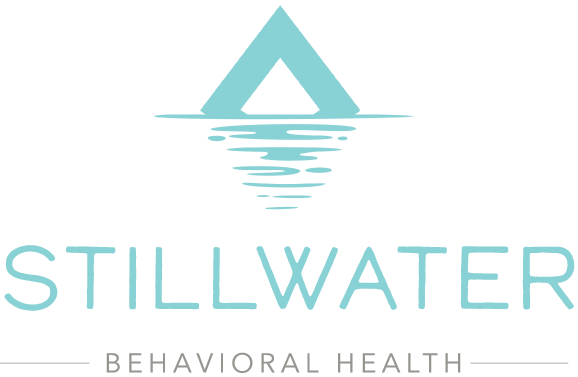How Long Does Lisinopril Stay in Your System?
How long does lisinopril stay in your system? Read on to learn more about this drug and what it helps to treat.
What is Lisinopril?
Lisinopril is an inhibitor that helps the heart and blood vessels beat more effectively. It’s prescribed to treat hypertension, congestive heart failure, kidney diseases, and acute myocardial infarction (heart attack). With benefits like these, it’s no wonder lisinopril is one of the most prescribed drugs. While many people rely on lisinopril to live happy and healthy lives, there are some side effects that everyone should know about before using this drug, including how long it stays in the system.
Lisinopril belongs to a group of drugs called ACE inhibitors. It also helps regulate potassium levels in the body. If you or a loved one have been prescribed lisinopril, it is important to follow your doctor’s instructions on how much to take and when to take it.1
Questions about addiction?
Call Us Now: 1-866-232-9103
Your call is confidential with no obligation required to speak with us.
Common Side Effects
- Dizziness
- Headaches
- Excessive tiredness
- Nausea
- Diarrhea
- General weakness
Some people may experience an allergic reaction to the drug as well, while in rare cases, others may experience muscle weakness or hair loss. If you have a history of angioedema, have recently used sacubitril, or are allergic to any ACE inhibitors, you should stop taking lisinopril.
3
How Long Does Lisinopril Stay in Your System?

Lisinopril is a medication used to treat high blood pressure and heart failure. It comes in various forms, such as tablets, capsules, and injection solutions. People often take lisinopril for a period of a few weeks, months, or in more severe cases, for a few years before stopping.
Factors that Affect How Long Lisinopril Stays in the System
The answer for how long lisinopril can stay in the system depends on many factors, including the dosage and whether one has been taking the drug for a short or long period of time. As a rule, most medical drugs taken will pass through the body within a few days or within a week, although there are exceptions.
The Role Genetics Play
Most drugs clear your system within a week, but each person is different. Genetics, age, duration of use, frequency of use, the amount of dosage, weight, and metabolism are all factors that affect this.
Although genetics may play a role in how quickly drugs exit your body, they do not determine what will happen to each individual. This means that two people can take the same drug at the same dose and metabolize it differently. Also, the older one is, the slower their metabolism tends to be, meaning the drugs will take longer to pass through their body. This also applies to younger individuals whose metabolism is slower in general and women who tend to be lower weight than their male counterparts.
Lisinopril Withdrawal and Detox
What is Detoxing?
If you or a loved one suddenly stops taking lisinopril, your body may respond with withdrawal symptoms as it adjusts to no longer receiving the medication. Detoxing refers to slowly reducing the body’s dosage over time before stopping completely to avoid severe withdrawal. Detoxing helps to prepare the body for a drug-free state and can take several weeks or months, depending on how much the dosage was.
Lisinopril Abuse Treatment Options

As with any prescription medication, there can be side effects that come from taking lisinopril. Most importantly, it’s important to use the medication as directed. If you or a loved one start taking lisinopril outside the recommended limits, abuse and detox treatment options may be necessary. Prescription drug abuse is not an easy problem to get through alone; it takes a special kind of care and attention.
Common Treatment Options
With all drug abuse, there are several treatment options available. Common options include cognitive behavioral therapy (CBT), dialectical behavioral therapy, group therapy, support groups, and medication-assisted treatment.
These different types of therapy and treatment options ensure that everyone can get the type of support they need, as individuals will need specific treatment options depending on the type or dosage of medication. Lisinopril isn’t a commonly abused medication but weaning off from any medication can have unexpected results on the body, leading one to believe they need it more than they think.
Get Help at Stillwater Behavioral Health
It’s hard to get better without professional help. If you or a loved one are struggling with mental health issues or substance abuse disorders, know that Stillwater Behavioral Health is here. We offer a wide range of services and programs designed to meet your needs and help you feel better.


